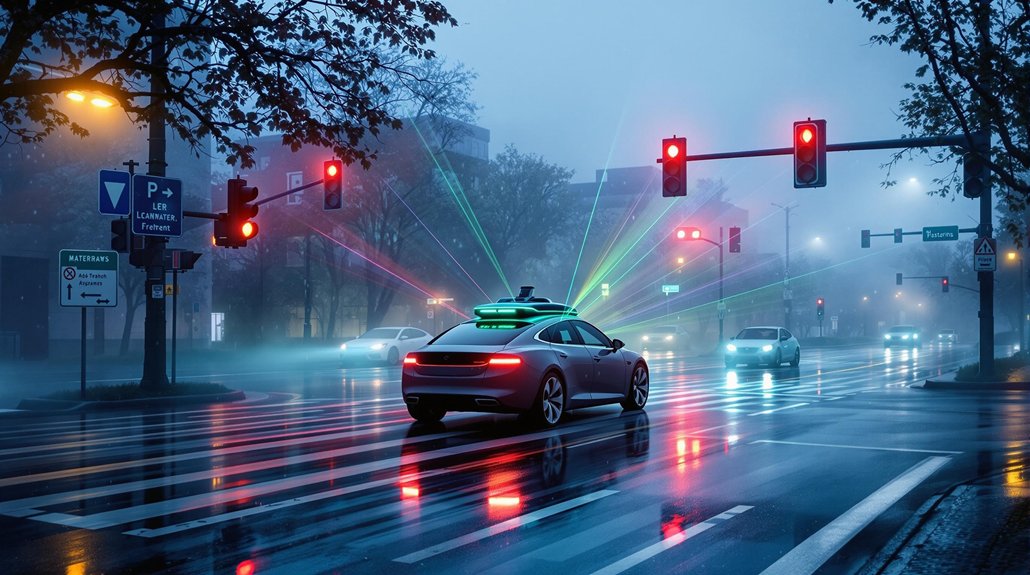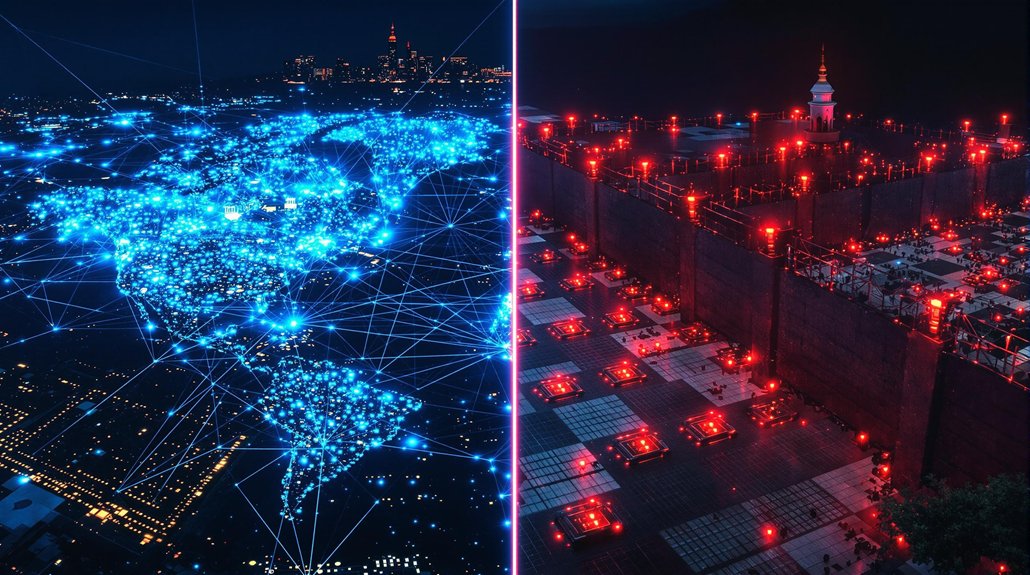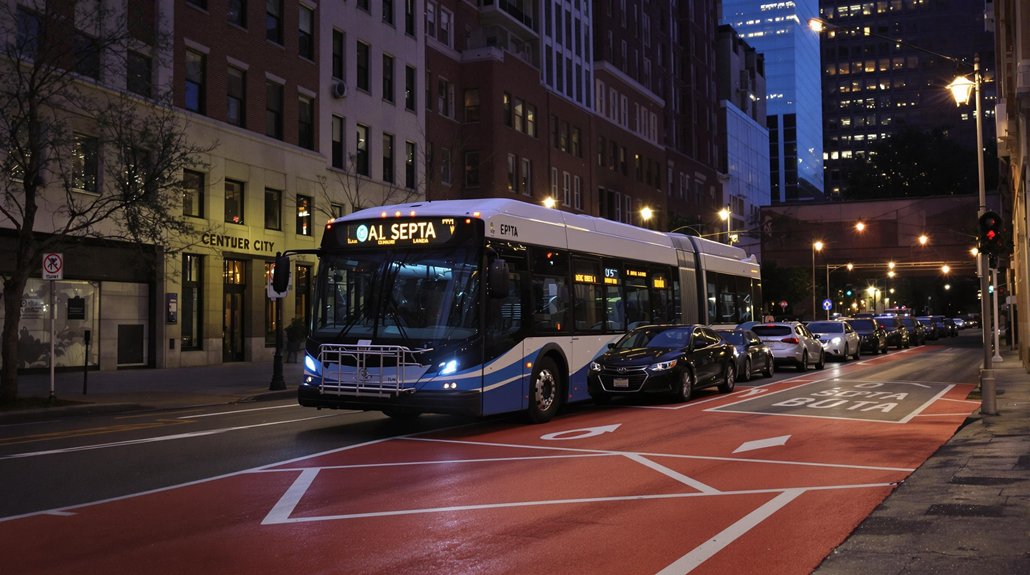Colorado just passed the nation’s first extensive artificial intelligence law, but it won’t take effect until February 2026. Governor Jared Polis signed Senate Bill 24-205 on June 8, 2021, creating the Colorado Artificial Intelligence Act. The new law sets strict rules for companies that make or use AI systems in the state.
The law focuses on what it calls “high-risk” AI systems. These are computer programs that make important decisions about people’s lives. Companies that create these systems must protect consumers from discrimination. They’ll need to check their AI programs every year to make sure they’re fair to everyone.
Colorado residents will get new rights under this law. If an AI system makes a bad decision about them, they can ask for an explanation. They can fix wrong information the AI used. They can also ask for a human to review the decision instead of a computer. People can even tell companies they don’t want AI systems using their personal data at all.
Colorado residents can demand explanations, corrections, and human reviews when AI systems make decisions about them.
The law creates different rules for “developers” who build AI systems and “deployers” who use them. Developers must describe their products in detail and explain any risks. Deployers must tell people when they’re using high-risk AI and what could go wrong. Both groups must follow a general duty of reasonable care to prevent algorithmic discrimination.
This law only covers AI that makes predictions and decisions. It doesn’t apply to AI chatbots like ChatGPT that create text or images. The rules protect people from unfair treatment based on their race, age, religion, disability, or other personal traits. However, the law could be invalidated if House Republicans succeed in passing a 10-year moratorium on state AI regulations as part of the 2025 budget reconciliation bill.
Colorado’s law looks similar to rules the European Union created for AI. It’s the first time any U.S. state has made such detailed AI regulations. Other states might copy Colorado’s approach.
Companies have until February 2026 to get ready. They’ll need to change how they work with AI systems. They must create new documents, give more information to customers, and set up ways to manage risks. However, businesses with fewer than 50 employees are mostly exempt from these requirements.
Legal experts think employment disputes will probably test the law first. The Colorado Privacy Act will work together with these new AI rules to protect residents’ rights.
References
- https://leg.colorado.gov/bills/sb24-205
- https://www.naag.org/attorney-general-journal/a-deep-dive-into-colorados-artificial-intelligence-act/
- https://www.skadden.com/insights/publications/2024/06/colorados-landmark-ai-act
- https://www.bakertilly.com/insights/the-colorado-ai-act-what-you-need-to-know
- https://hallrender.com/2025/01/24/colorado-artificial-intelligence-act-what-employers-need-to-know/









